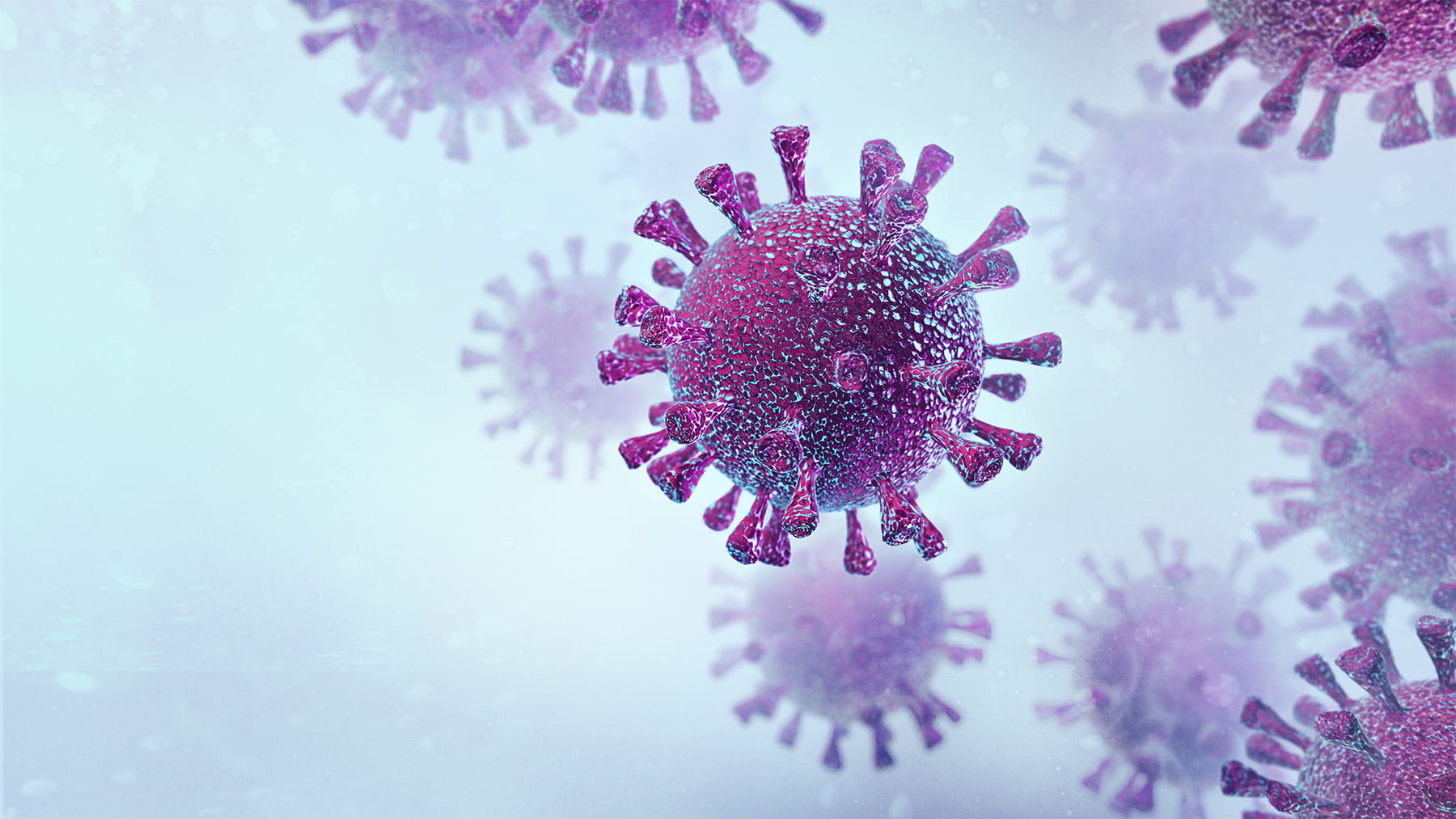What is ivermectin, and can it treat COVID-19?

Editor’s note: As what we know about COVID-19 evolves, so could the information in this story. Find our most recent COVID-19 blog posts here, and learn the latest in COVID-19 prevention at the Centers for Disease Control and Prevention.
COVID-19 arrived with a lot of uncertainty and worry, and so it makes sense that some would seek answers in the promise of miracle cures and untested treatments. A drug called ivermectin has made headlines recently based on the misbelief that it has been used successfully to treat COVID-19.
It has not — and if you take it, especially in doses meant for large animals, you may be putting your health in serious jeopardy. The Food and Drug Administration notes that it has received “multiple reports of patients who have required medical attention, including hospitalization, after self-medicating with ivermectin intended for livestock.”
Here, we’ll explore what ivermectin is and why you should not use it at home to treat or prevent COVID-19.
What is ivermectin, and how has it traditionally been used?
Ivermectin is an anti-parasitic compound. It’s used to de-worm livestock and comes in both topical and pill forms. In humans, ivermectin is approved to treat roundworms in the intestine as well as river blindness. Some topical forms of ivermectin are approved for treating head lice and skin conditions such as rosacea.
Is ivermectin approved for use in treating COVID-19?
Ivermectin is not approved for treating COVID-19. Do not take this drug to try to treat or prevent COVID-19 — doing so may be highly dangerous.
Can ivermectin prevent or treat COVID-19?
While you may have seen internet chatter about some people using ivermectin, there is no appropriately designed or controlled study that supports the use of ivermectin for either the prevention or treatment of COVID-19.
Why are some people using ivermectin in relation to COVID-19? Where did they get this idea?
About a year ago, an Australian lab proposed the use of ivermectin for the treatment of COVID-19 based on studies of non-human cells. The conditions, as well as doses used in the experiments, were not compatible with actual humans. Even Merck, a company that manufactures the drug, has found no basis for the use of the drug for the treatment of COVID-19.
Is there harm in taking ivermectin for COVID-19?
There are significant potential safety issues related to humans taking ivermectin. For example, at certain dosage levels the drug could cause vomiting, diarrhea, dizziness, seizure and even death.
What do studies say about the use of ivermectin in COVID-19?
To date, we don’t have any data resulting from appropriately designed and controlled human studies focused on the use of ivermectin for the prevention or treatment of COVID-19.
Until we observe data from well-designed and peer-reviewed studies, credible scientists, physicians and health experts cannot and will not say that ivermectin is a safe or effective COVID-19 treatment.
Are alternative treatments for diseases ever a good idea?
As scientists, it’s important that we’re incredibly critical when evaluating the use of new or existing drugs to treat COVID-19 or any other condition. Researchers are constantly at work studying possible treatments for diseases including COVID-19, and we follow strict guidelines when we do so to ensure the public’s safety.
Please, never take drugs meant for non-humans, and don’t use a drug you don’t understand without talking to your doctor first. Now is not the time to gamble with your health.
Peter Mohler is the chief scientific officer for The Ohio State University Wexner Medical Center, vice dean for research at the Ohio State College of Medicine and director of the Dorothy M. Davis Heart & Lung Research Institute.




